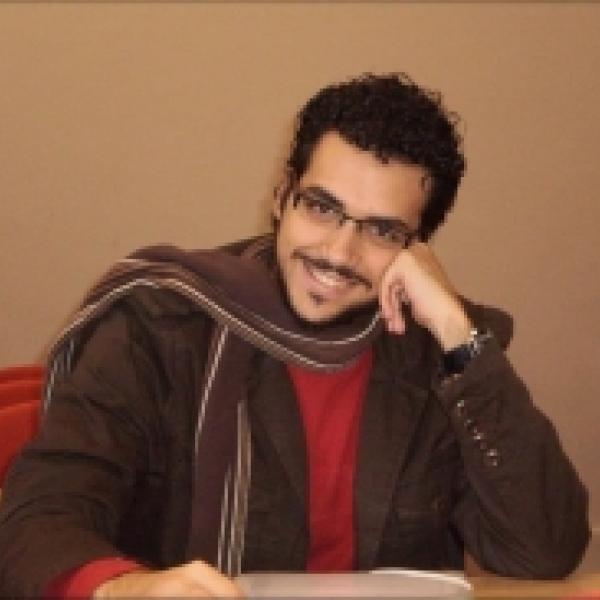Manuel Olmedo Gobante joined the Department of Romance Languages and Literatures in 2014. He received his BA in Hispanic Philology from the University of Seville, Spain, specializing in Golden Age Spanish literature, and studying visual arts, literature and cinema at King’s College London, United Kingdom. He taught Spanish language at Villanova University for two years. He also taught courses on Spanish language, history, and culture at the University of Chicago.
Manuel’s PhD dissertation reflects on the interconnections between the institutions of literature and fencing in the early modern Hispanic world. He also has published articles in peer-review journals and collective volumes on topics such as the history of Hispanic martial arts, early modern autobiography and authorship, soldierly literature, and Afro-Hispanic history. Other areas of scholarly interest include bibliography and textual criticism, ekphrasis and pictorial analysis of literary texts, material culture, and performance studies.
Research interests: Golden Age Spanish literature, early modern martial arts
Dissertation: The Golden Age of the Sword: Fencing and Literature in the Early Modern Hispanic World

